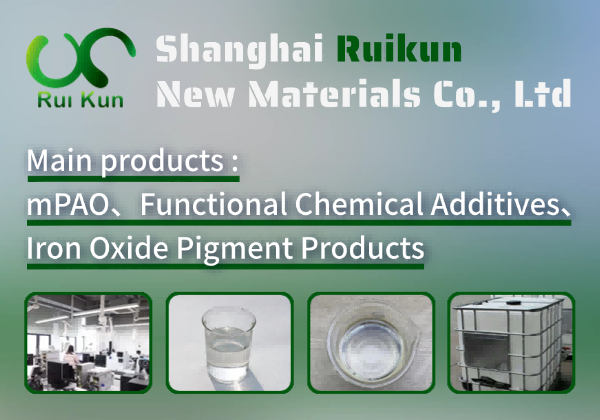What is glycine iodine
**Introduction to Glycine Iodine** Glycine iodine is a stable, organic iodine compound formed by combining glycine (a simple amino acid) with iodine. This complex offers a safe and effective way to deliver iodine, an essential nutrient crucial for thyroid function, immune support, and metabolic regulation. Unlike elemental iodine, glycine iodine is gentle on the stomach and provides better bioavailability, making it ideal for dietary supplementation. It is commonly used to support thyroid health, improve cognitive function, and enhance detoxification processes. With its mild taste and reduced risk of irritation, glycine iodine is a preferred choice for individuals seeking a well-tolerated and efficient iodine source for overall wellness.
Preparation Process: To prepare glycine iodine, dissolve glycine (75 mmol) in distilled water (50 mL) and cool the solution to 0–5°C. Slowly add iodine (75 mmol) with continuous stirring, maintaining the temperature below 10°C. The reaction mixture will turn dark brown. Stir for 2–3 hours until the iodine fully dissolves and reacts. Filter the solution to remove any unreacted solids. Concentrate the filtrate under reduced pressure at 40°C to obtain a crude product. Recrystallize from ethanol-water (1:1) to purify the compound. Dry the crystals under vacuum to yield pure glycine iodine as a brownish solid. Store in a cool, dark place.
Usage Scenarios: Glycine iodine is a chemical compound primarily used as a disinfectant and antiseptic due to its antimicrobial properties. It is effective against bacteria, viruses, and fungi, making it useful in wound care, surgical scrubs, and dermatological treatments. In veterinary medicine, it is applied to treat infections in animals. The compound also serves as a stabilizing agent in pharmaceuticals and cosmetics. Additionally, glycine iodine is utilized in water treatment to eliminate pathogens. Its mild irritation profile makes it suitable for sensitive applications. Research explores its potential in oral hygiene products and as a preservative in food and beverage industries.
glycine iodine Basic Info
glycine iodine Price
1. **United States**: $50 - $150 per kg
2. **China**: $20 - $80 per kg
3. **Russia**: $30 - $100 per kg
4. **Germany**: $60 - $160 per kg
5. **India**: $25 - $90 per kg
6. **Japan**: $70 - $180 per kg
7. **Brazil**: $40 - $120 per kg
8. **South Korea**: $50 - $140 per kg
9. **Philippines**: $30 - $100 per kg
10. **United Kingdom**: $60 - $170 per kg
11. **France**: $60 - $160 per kg
12. **Mexico**: $35 - $110 per kg
13. **Canada**: $55 - $150 per kg
14. **South Africa**: $40 - $120 per kg
15. **Egypt**: $30 - $100 per kg
16. **Turkey**: $35 - $110 per kg
17. **Thailand**: $25 - $90 per kg
18. **Indonesia**: $30 - $100 per kg
If no specific price data is available for a country, it is marked as "No results."



